Mental Health and Well-being

We offer assistance for Veterans and their families to access support, advice and treatment for any Mental Health concern.
If your Mental Health has been affected by your partner's service we can support you in-house or direct you to relevant services.
Handling Stress
Stress is "The adverse reaction people have to excessive pressures or other types of demand placed on them."
Stress is not an illness – it is a state. However, if stress becomes too excessive and prolonged, mental and physical illness may develop.
This section is all about making you more aware of the signs, symptoms and possible methods of handling stress. If you are becoming isolated,
anxious, feeling that you can no longer cope with normal life, it may be time to seek advice from your GP or, if in employment, your human resources manager.
Organisations that Can Help
Here is a list of organisations, local and national, which may be able to provide more help. First and foremost will be to contact your local GP.
NHS 24
Advice and information about how to look after yourself and treat common health problems (24 hours).
Tel: 08454 24 24 24
Edinburgh Crisis Centre
24 hour helpline for those with mental health difficulties.
Tel: 0808 801 0414
Health In Mind: Counselling Service
Offers skilled counseling support
to people wishing to address issues of childhood sexual abuse. There is no
charge for this service.
Tel: 0131 225 8508.
Breathing Space
A confidential telephone helpline for people to call when they are feeling down or distressed.
Tel: 0800 838 587 (1800 - 0200 hrs every day)
CRUSE Bereavement Line
Help line for bereaved people and those caring for bereaved people.
Tel: 0131 229 6275
National Debt Line
Help for anyone in debt or concerned they may fall into debt.
Tel: 0808 8084000 (freephone).
Consumer Credit Counselling Service
Offers free one-to-one counseling regarding debt management.
Tel: 0800 138 1111
Bright Light
Help with marital or relationship problems.
Tel: 0131 556 1527
Samaritans
Confidential support for anyone in crisis.
Tel: 116 123 (All times)
email: jo@samaritans.org
Penumbra
For all issues on mental health.
Tel: 0131 475 2380
Useful Websites:
NHS Lothian Stress Control
National Debtline (For independent debt advice)
Glasgow SPCMH (For further useful self-help)
Edspace (Provides useful information about resources in Edinburgh)
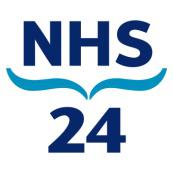
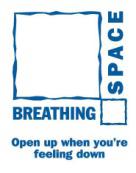
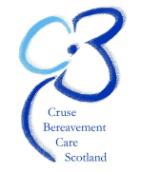
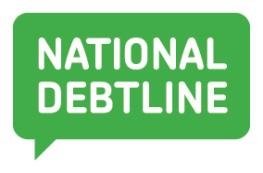
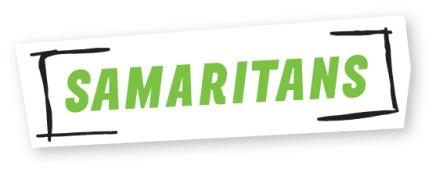

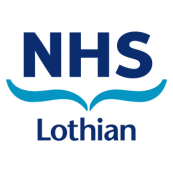

Depression
Depression is a very common problem. Very many adults will at some time experience symptoms of depression. In its mildest forms, depression does not stop you from leading a normal life, but the most severe depression can be life-threatening, with thoughts of death and suicide.
These are some of the signs or symptoms that you may experience if you
are depressed:
Emotions
- Feeling sad, guilty, upset, numb or despairing
- Losing interest and enjoyment in things
- Crying a lot or feeling unable to cry
- Feeling alone even if you are in company
Physical or bodily signs
- Tiredness
- Restlessness
- Sleep problems, especially waking early or interrupted sleep
- Feeling worse at a particular time of the day (usually morning)
- Changes in appetite, eating and weight
Thoughts
- Losing confidence in yourself
- Expecting the worst and having negative or gloomy thoughts
- Thinking that everything seems hopeless
- Thoughts of suicide
- Thinking you hate yourself
- Poor memory or concentration
How these feelings, physical signs and thoughts may affect your life:
- You may find it difficult to do even simple things
- You stop doing your normal activities
- You cut yourself off from other people
- You may become inactive, just doing nothing for long periods of time
- You may feel that you have to double check everything
If this sounds familiar to you, it is time to get help. Have a look at the guides and websites, but most importantly, see your GP. If you don't have a GP, Veterans First Point can help you with this.
Organisations that can help:
Depression Alliance Scotland
3 Grosvenor Gardens
Edinburgh
EH12 5JU
Tel: 0845 123 2320 (office hours)
Talk2gether
An NHS interactive website with screening questionnaires, self-help material and details of local support groups.
Scottish Association for Mental Health
Cumbrae House
15 Carlton Court
Glasgow, G5 9JP
Tel: 0141 568 7000 (information service Mon - Fri 1400 to 1630hrs)
Breathing Space
A confidential telephone helpline for people to call when they are feeling down or distressed.
Tel: 0800 838 587 (1800 - 0200 hrs every day)
Samaritans
Tel: 116 123 (All times)
email: jo@samaritans.org
Not forgetting about new parents, the following organisations may also be of specific use:
Association For Post-Natal Illness
For women who are experiencing depression following the birth of their baby
145 Dawes Road
London
SW6 7EB.
Tel: 0207 386 0868.
Cross Reach Post-Natal Depression Project
Counselling for families suffering from post-natal depression.
Wallace House
3 Boswall Road,
Edinburgh
EH5 3RJ
Tel: 0313 538 7288
Therapy
If you feel you need a therapist, we have one on site at Veterans First Point. Some GPs employ counselors at their practice, or you could ask your GP to recommend a local counselor. If your GP thinks you need to see a psychologist, they can refer you to your local clinical psychology department.
Alternatively you could try the Yellow Pages under 'Counselors and Psychotherapists'. We would recommend that you ask about their registration with the British Psychological Society or the British Association for Counselling and Psychotherapy.
Useful Websites:
Depression Alliance
Bipolar Scotland
Mind (A national charity that offers an excellent range of materials on all aspects of depression and manic depression, and a useful source of factsheets too)
Action on Depression (Information about symptoms and treatment of depression)
Edspace (Provides useful information about resources in Edinburgh)
Living Life to the Full (Self-help for depression and anxiety and related mental health issues)
Some of the Australian sites are very good, such as:
MoodGym (An interactive self-help site for cognitive behavioral therapy for depression)
Centre for Clinical Interventions (For free workbooks and resources for varied mental health issues)
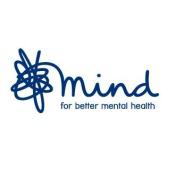

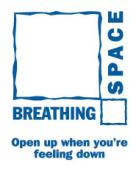
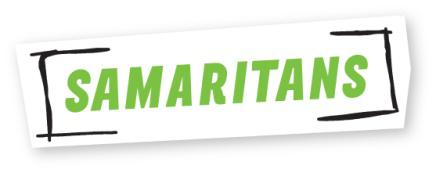

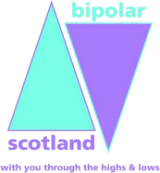
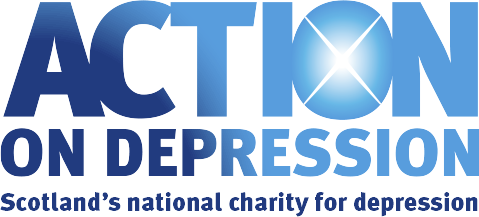



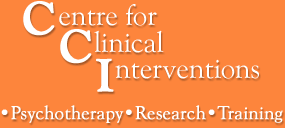
Sleeping Better
The amount of sleep required for good health and wellbeing is different for everyone. Sleep is a natural process that is not directly under our control. Our bodies take what they need.
In the short-term our bodies will adjust the type and quality of sleep to make sure we stay healthy. If people think they are not sleeping enough, it can be worrying to them. In fact research has shown that people who think they are poor sleepers and those who think they are good sleepers both sleep for about the same amount of time. So although some people may think they are not sleeping enough, in fact they probably are.
Studies have shown that people cannot keep going without sleep. Even if people are deprived of sleep for long periods, they always fall asleep in the end!
Organisations, Help lines and Other Services
Breathing Space
A mental health helpline
Tel: 0800 83 85 87
(Daily, 6pm–2am).
NHS 24
Advice and information about how to look after yourself and treat
common health problems.
Tel: 08454 24 24 24
(24 hours).
Midlothian:
Orchard Centre Services – Health in Mind
Offers a wide range of information, support and activities for
people with mental health problems.
Tel: 0131 663 1616
(Mon – Fri 9.30am–5pm, except Tues 12.30pm–5pm).
Useful Websites:
National Sleep Foundation (An American site providing information about sleep difficulties)
Sleep Disorders Guide
Mind (For fact sheets and mental health information)
Edspace (Provides useful information about resources in Edinburgh)
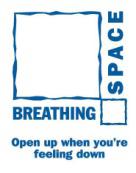
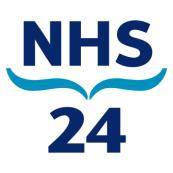
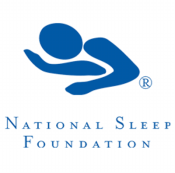

Overcoming Anger
Problems with irritability and feeling 'on edge' can be very common in veterans.
If you have a problem with anger you probably already know it, but these are some of the signs.
Make a note of which of them you experience regularly.
How you feel/what happens to your body?
- Anger or rage
- Heart pounds, races, skips a beat
- Irritable at the slightest thing
- Chest feels tight
- Restless, on edge, uptight
- Stomach Churns
- Flashes of rage
- Legs go weak
- Tense muscles
- Go very hot
- Having to go to the toilet frequently
- Sweating
- Head buzzing, pounding
What do you do?
- Snappy and irritable behaviour
- Shout and argue
- Hit out
- Leave the situation
- Throw/hit an object, slam door, etc.
- Attack someone
- Say something unkind
- Cry
- Push someone
- Do nothing, bottle it up
- Get drunk/smoke/take drugs
- Hurt yourself
If you have noted several of the above and you are having difficulty with your anger, we recommend that you seek help from your GP, from a therapist at Veterans First Point, or from a mental health professional.
Please note that while this website provides information, it is not a substitute for consulting with a doctor or mental health professional.
Organisations and Advice Lines
Breathing Space
A mental health helpline.
Tel: 0800 83 85 87; daily 6pm–2am.
Samaritans
24 hour helpline for anyone in crisis.
Tel: 116 123 (All times)
email: jo@samaritans.org
Edinburgh Crisis Centre
24 hour helpline for those with mental health difficulties.
Tel: 0808 801 0414
NHS 24
Advice and information about how to look after yourself and treat common health problems (24 hours).
Tel: 08454 24 24 24
Midlothian:
Early Intervention Crisis Response Service
Community-based support for people in Midlothian who are experiencing
mental health difficulties, and their carers, when they are facing a crisis.
Tel: 0131 663 5533 (Mon – Fri 4–10pm; Sat & Sun 10am–4pm)
Orchard Centre Service – Health in Mind
Offers a wide range of information, support and activities for people with
mental health problems.
Tel: 0131 663 1616 (Mon-Fri 9.30am–5pm, except Tues 12.30 pm– 5pm)
East Lothian:
CHANGES Community Health Project
Promotes positive wellbeing, providing a resource base and information
about support for people experiencing stress, depression, panic attacks,
phobias and anxiety. Different types of service available, e.g. various free
short courses such as ‘understanding anger’ and self-help groups.
Tel: 0131 653 3977 or 3813
Useful Websites:
Glasgow SPCMH (For further useful self-help).
Edspace (Provides useful information about resources in Edinburgh).
Mind (For fact sheets and mental health information)
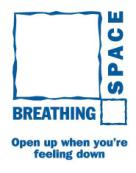
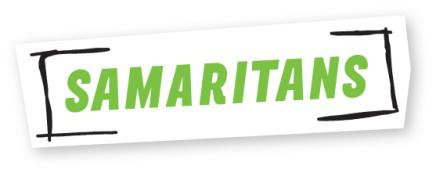
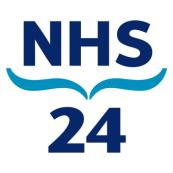


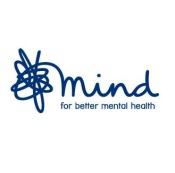
Adjusting to war memories
Organisations and Advice Lines
Rivers Centre for Traumatic Stress, Royal Edinburgh Hospital
You can ask your GP to refer you here if you are having problems adjusting to War Memories
Combat Stress - The Ex-Services Mental Welfare Society
For 90 years, they have been providing respite, care and treatment for ex-service personnel.
Telephone - 0800 138 1619
Text - 07537 404 719
Assist Trauma Care
Answered by support workers and trained counsellors, who will listen and offer emotional first aid. They are happy to phone back if cost of call is a problem. Service will be accessed through the helpline.
(Weekdays 10am-4pm) Tel: 01788 560800
Breathing Space
A mental health helpline.
Tel: 0800 83 85 87 (daily 6pm – 2am)
Rape and Abuse Line
Freephone helplines for men and women who have been affected by rape and/or abuse.
Mon – Fri 7pm–10pm Tel: 0808 800 0123 (answered by women)
Mon – Wed 7pm–10pm Tel: 0808 800 0122 (answered by men)
Samaritans
Confidential support for anyone in a crisis (24 hour).
Tel: 116 123 (All times)
email: jo@samaritans.org
Health In Mind: Counselling Service
Offers skilled counselling support
to people wishing to address issues of childhood sexual abuse. There is no
charge for this service.
Tel: 0131 225 8508.
The following document is an American War Trauma Resource listing of over 220 sites that you may find useful. The sites that are listed have not been vetted and Veterans First Point cannot be held liable for their accuracy, currency and content: American War Trauma Resource Listing (Adobe PDF Document).
Useful Websites:
Combat Stress
The Law Society of Scotland (Information service for all legal matters)
Edspace (Provides useful information about resources in Edinburgh)
AfterDeployment.Org is a US project that has been developed over the last three years. It is well worth a look but bear in mind that it is tailored to the American military
Video Stories
The AfterDeployment.Org (US) website has many stories about health issues affecting veterans.
This is an area where we are really keen to hear from veterans that may like to participate in creating an online series of short videos about their stories. If you would like to take part in this, please contact us. We can record the interview in a way that you remain anonymous if this is an issue for you.

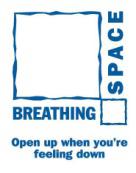
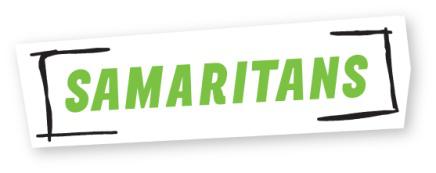
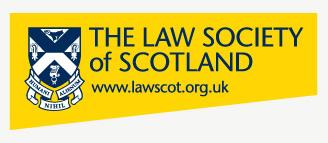

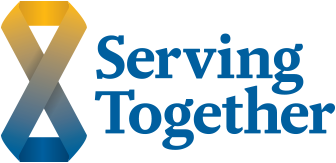
Edinburgh Crisis Centre
5 Steps of Mental Health First Aid
In terms of normal first aid, you are probably aware of the following aims:
- Preserve life
- Prevent deterioration of any illness or injury
- Promote healing
- Provide comfort to the ill or injured
Mental health first aid is almost identical:
- To preserve life where a person may be in danger to themselves or others
- To provide help to prevent the mental health problem developing into a more serious state
- To promote the recovery of good mental health
- To provide comfort to a person experiencing a mental health problem
So, what do you do to provide help to someone experiencing mental health problems?
The five steps are:
- Assess risk of suicide or self-harm (are they serious about it?).
- Listen non-judgmentally.
- Give reassurance and information.
- Encourage the person to get appropriate professional help.
- Encourage self-help strategies
Why are you reading this page?
Maybe you are concerned about yourself or someone close to you.
If you think that someone is at grave risk, call 999 immediately and ask for the ambulance service.
If it is you, you can call the Edinburgh Crisis Centre on 0808 801 0414.
The best help that you can be to yourself or someone else is to seek immediate medical advice through your GP, NHS 24 or specialist crisis centres. Seek help as soon as possible.
If you are watching someone rapidly going downhill, try to get them to seek the appropriate professional support for themselves.
Scottish Mental Health policy
The Scottish Government and NHS Scotland are committed to improving the mental health of the nation.
The policy framework covers promotion, prevention and care and treatment.
Some of the recent campaigns include:
See Me - the national anti-stigma campaign.
Breathing Space - an advice line and referral service for people suffering low mood or depression. This service is particularly targeted at young men.
The Scottish Recovery Network - designed to raise awareness of recovery from mental health problems.
The National Mental Health Improvement Website, run for the Scottish Government by NHS Health Scotland. The site provides news on Mental Health in Scotland, details of research, a database of support agencies and services, practical top tips for maintaining positive Mental Health, and a useful glossary of common terms.
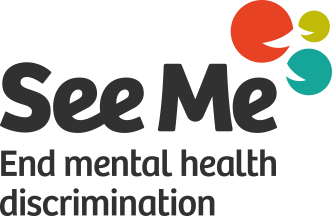
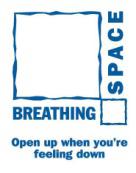
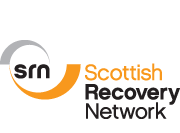
Scottish Legislation
The main pieces of legislation relevant to mental health in Scotland are listed below. For more information on these Acts and their impact on your rights and care, please click on the links to view.
- NHS and Community Care Act (1990)
- Mental Health (Care and Treatment) (Scotland) Act 2003
- Adults with Incapacity (Scotland) Act 2000
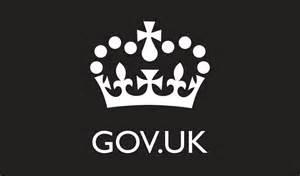
Healthy Surfing Websites
Please bear in mind when surfing the internet for information on physical or mental health issues, that many sites are commercial ones and are ultimately trying to sell you products or services.
However, you may find the following links useful:
Anxiety and Panic Attacks
Panic-Attacks.co.uk
JoePanic.com
The Anxiety Network
General Mental Health
Living Life to the Full
Midspace
Self-Harm
The Mix - Self Harm
LifeSIGNS - Self Injury Guidance & Network Support
Posttraumatic Stress Disorder
UK Psychological Trauma Society
Sexual Abuse
Survivors UK
Victim Support Scotland
Safeline
Schizophrenia
Support in Mind Scotland
Phobia and OCD
Anxiety UK
Traumatic Stress
European Society for Traumatic Stress Studies
UK Psychological Trauma Society
International Society for Traumatic Stress Studies
Trauma Information Pages
Trauma Clinic
![]()



 v
v


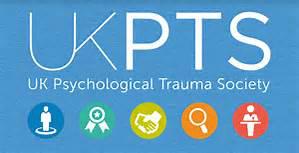
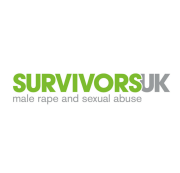


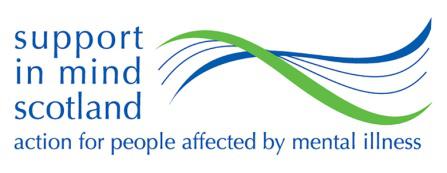
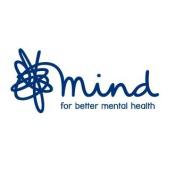
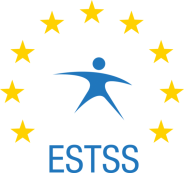

Bereavement
SOBS (Survivors of Bereavement by Suicide)
Offer a unique and distinct service for bereaved adults across the UK, run by the bereaved for the bereaved.
Location: Edinburgh
Meeting day: Last Thursday of every month
Phone: Jacqui on 07787 580 998 or Joyce on 0782 517 6256 (call after 1800)
Email: edinburghsobs@gmail.com or sobs.support@hotmail.com
CALM – the Campaign Against Living Miserably exists to prevent male suicide in the UK. They use young men’s peers, their voices and interests to reach them and their materials and communications are created by young men. You can call or text their helpline – see their site for details depending on your location.
Winstons Wish – the leading childhood bereavement charity and the largest provider of services to bereaved families in the UK. They have specialist expertise in supporting children bereaved by suicide and they also have a site for young people.
Child Bereavement UK – supports families and educates professionals when a child dies or is dying or when a child is facing bereavement. Young people can contact them confidentially by phone on 0800 02 888 40 or email them.
